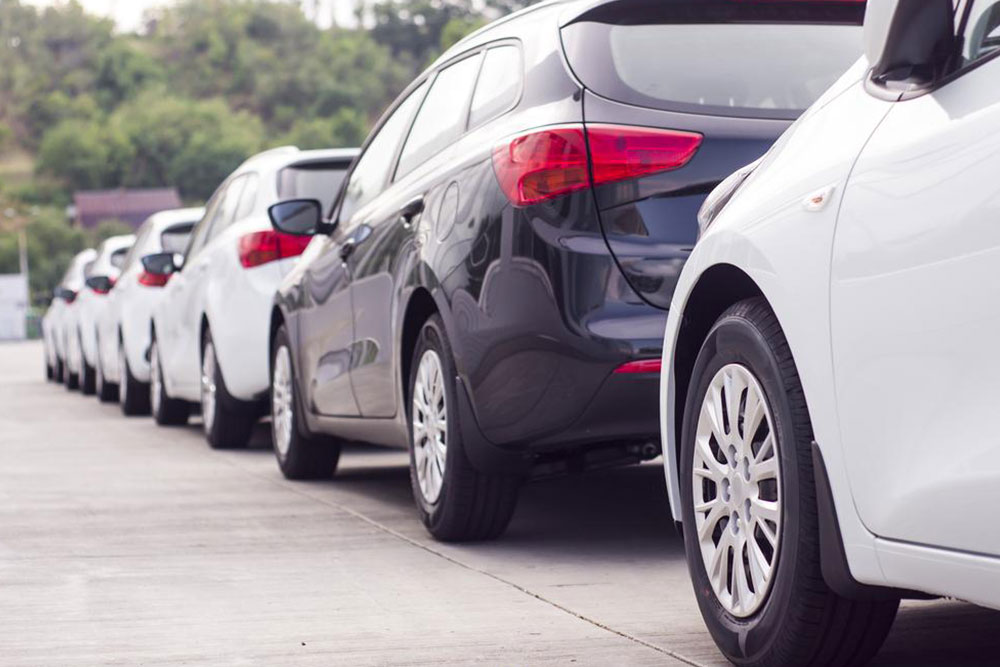Effective Strategies for Purchasing Repossessed Vehicles at Fair Prices
Discover comprehensive strategies for buying repossessed vehicles at lower prices. This article explores direct bank purchases, reseller services, auctions, and dealership options, providing essential tips on how to make informed decisions and avoid common pitfalls. Maximize your opportunity to acquire quality vehicles affordably through thorough research and proper planning.

Effective Strategies for Purchasing Repossessed Vehicles at Fair Prices
Repossessing, commonly known as 'repo,' refers to the legal process where a lender or financial institution retakes ownership of a property—most frequently a vehicle—when the borrower fails to meet their payment obligations. This process typically happens when an individual finances a vehicle through a loan or installment plan but defaults on their payments, leading the lender to initiate repossession. Once the vehicle is repossessed, it is usually sold through various channels to recover the outstanding debt owed by the borrower. For buyers, acquiring repossessed cars presents a unique opportunity to obtain high-quality vehicles at significantly lower prices compared to retail dealerships.
If purchasing from traditional dealerships or private sellers isn't feasible or desirable, exploring alternative avenues can be highly advantageous. There are multiple options to consider when seeking to buy repossessed cars, each offering distinct benefits and considerations. Understanding these options thoroughly will help you make more informed decisions, ensuring you secure a good deal while avoiding common pitfalls.
Primary Methods to Purchase Repossessed Vehicles
Direct Purchase from Financial Institutions: One of the most straightforward and cost-effective ways to buy repo cars is to approach banks and credit unions directly. Many financial institutions maintain a dedicated list or catalog of repossessed vehicles they wish to sell. These listings are often accessible online or through direct contact with their asset management or vehicle sales departments. Buying directly from the source can enable you to negotiate better prices since you're bypassing middlemen, and sometimes, you may secure favorable financing options if available. When considering this option, it's crucial to verify the vehicle's condition, history, and ownership details beforehand to avoid future complications.
Reseller and Brokerage Services: Specialized resellers or brokers act as intermediaries between financial institutions and prospective buyers. These services facilitate the quick transfer of repossessed vehicles by handling the paperwork, inspections, and sale negotiations. Working with reputable resellers can save you time and effort, as they often have access to multiple repo inventories and can help streamline the buying process. However, since these services operate as businesses, their prices may include additional fees or premiums, so it's important to compare costs and ensure transparency in transactions.
Vehicle Auctions: Public or government-held vehicle auctions are among the most popular platforms for purchasing repossessed cars. At auctions, multiple repossessed vehicles are listed for sale, often at significantly lower prices than retail market value. To maximize your chances, it's advisable to register early, inspect the auction inventory in advance, and set a firm budget. Attending these auctions, either in person or via online bidding platforms, requires careful planning. It's crucial to conduct thorough pre-auction research on each vehicle's history, condition, and estimated market value to avoid overpaying or acquiring problematic vehicles.
Used Car Dealerships: Some used car dealerships acquire repossessed vehicles at auctions or directly from financial institutions. These dealers refurbish and repair the vehicles before reselling, often offering warranties or service guarantees. While this route is more convenient, it may be pricier than buying directly from banks or auctions due to markups intended to cover refurbishment costs. Nonetheless, purchasing through reputed dealerships provides you with peace of mind regarding vehicle condition, warranties, and post-sale support.
Maximizing Your Repossessed Vehicle Purchase
When buying repossessed vehicles, conducting comprehensive research is essential. Utilize online resources to investigate the make, model, estimated market value, and known issues of the vehicle you are interested in. Vehicle history reports from providers like Carfax or AutoCheck can reveal past accidents, title issues, or maintenance records, helping you avoid potential costly surprises. Inspections by qualified mechanics prior to purchase are highly recommended, especially when buying through auctions or directly from financial institutions where you might not have a chance for a test drive or initial viewing.
Additionally, setting a maximum bid or purchase price helps ensure you don’t overspend in competitive environments like auctions. Keep in mind that winning the bid may involve additional costs such as auction fees, taxes, and registration expenses. Be prepared for these ancillary costs to accurately evaluate the total investment involved.
In conclusion, purchasing repossessed vehicles can be a highly advantageous way to acquire quality cars at a reduced price, but it requires diligence, thorough research, and strategic planning. Whether you choose to buy directly from financial institutions, utilize reseller services, participate in auctions, or buy from used car dealerships, understanding each option's nuances will help you secure a reliable vehicle at an excellent price point. As the market for repossessed vehicles continues to grow, staying informed and prepared will ensure a successful buying experience tailored to your needs and budget.





